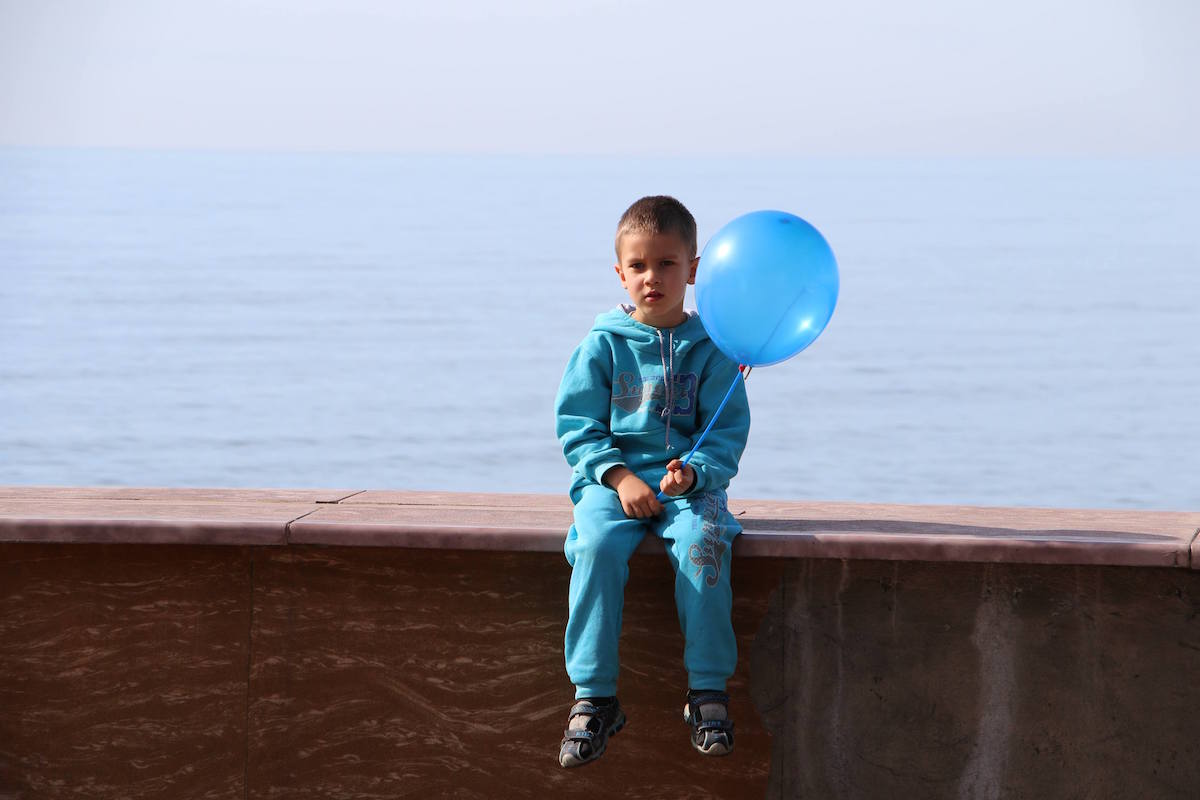Aid for families with many children gives rise to scandal in Abkhazia

A charity foundation whose aim is to improve the demographic situation in Abkhazia has ended up the target of public outrage after releasing a report in which the beneficiaries of its activities were revealed to be exclusively ethnic Abkhaz families.
The foundation has dedicated most of its activities towards helping families with many children, and has been involved in this since 2017 through both state funding and private donations.
Citizens of Abkhazia who are not Abkhaz themselves believe this to be discrimination.
“During the first six months of 2018, Azkhara, a charitable, non-commercial foundation, gave 100 000 roubles [about USD 1 600] to 180 Abkhaz families each after they gave birth to a third or more child. The main criterion for receiving this aid was ethnic identification,” the Abkhaz media wrote.
The essence of the argument
The issue of who should be given aid has given rise to serious discussions and arguments on social media networks.
Many Abkhaz families believe that the foundation’s decision to only help the Abkhaz is correct.
“I don’t see any problem with this. Our Abkhaz foundation helps us. Russians, Armenians and the rest should be helped by their own communities,” wrote a woman of Abkhaz origin.
However, the Non-Abkhaz believe that this is a great injustice given that the foundation exists thanks to funds received from tax-payers who represent many ethnicities.
“If the foundation had accumulated this money only through private donations and then decided whom to help, then that would be okay. But when a representative of the foundation says ‘of course the state is providing us with quite a bit of support’, and tax payers to the state treasury consist of all citizens and judicial entities, then this can already be said to be discrimination on ethnic grounds,” writes one social media network user.
Are not all citizens equal?
Zinaida, an Abkhaz citizen of Russian origin, says that it is worth remembering that during the Georgian-Abkhaz war of the 1990s, everyone without exception went to defend their homeland.
“Then, the issue of national identification was not on the table. It’s only in recent times that the issue has appeared,” says Zinaida. “I agree with the fact that there is a titular nation here and that the government should consist largely of its representatives. This is the norm around the world. But here we have a concrete case of discrimination, like the ban on giving out passports to citizens of Abkhazia who are not Abkhaz.”
• Non-Abkhaz residents forced to prove their right to citizenship
Zinaida says that her friend, a woman with several children and an Abkhaz by origin, was refused financial aid because her husband is Russian.
“So, what does that mean? That she wasn’t right to marry [him]? Imagine how this family feels right now, especially her husband – a local, a citizen of Abkhazia,” says Zinaida.
Criticism on the sidelines
The co-founder of the foundation, Luiza Tarba, said in an interview: “Abkhazia will never forget the aid it received from people of other ethnicities during the war of 1992 and 1993. But today, they don’t have a demographic problem … which isn’t something you can say about the Abkhaz.”
“The main aim of the foundation is to try and raise the birth rate. If we are able to affect the demographical situation by just a percentage, then we will consider that to be a big success.”
Some Abkhaz politicians have expressed in ‘backroom discussions’ their dissatisfication with the decision of the foundation to give aid only to large Abkhaz families. One of them, who did not wish to say his name for JAMnews nor admit to this publicly, said that in Soviet times, the Abkhaz complained about being squeezed out by the Georgians, and that they are now going down the same path, which will not lead to anything good.
We’ll think about the others in the future
In 2017, the foundation was appealed to by 407 families. Of these, 363 received aid amounting to more than 36 million roubles, about USD 600 000.
MP Leonid Chamagua, a co-founder of the foundation, recently told journalists: “The results show that we chose the right direction to go in and we have to continue working in this way and to find non-state sources to support the foundation.”
Chamagua says that the solution to the problem is for charitable foundations to be created in Abkhazia which will help families with many children independent of their ethnic roots. However, he did not put forward a concrete plan.



















